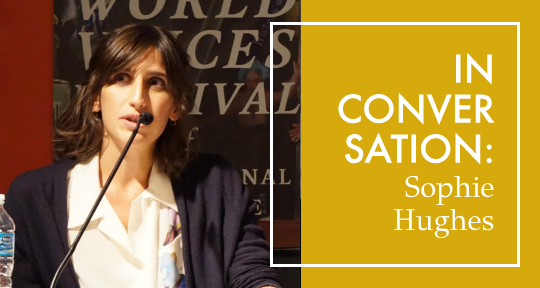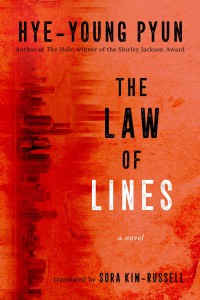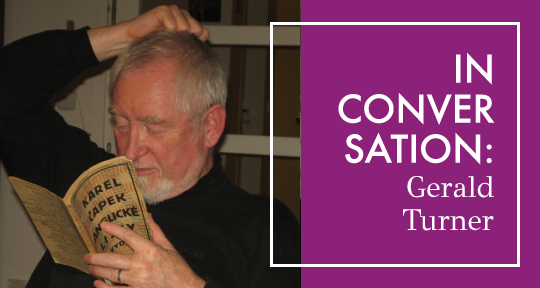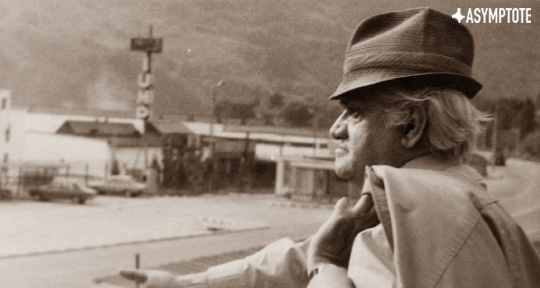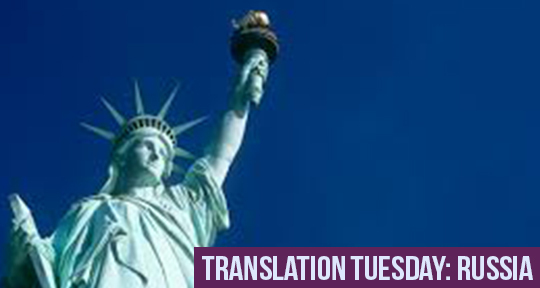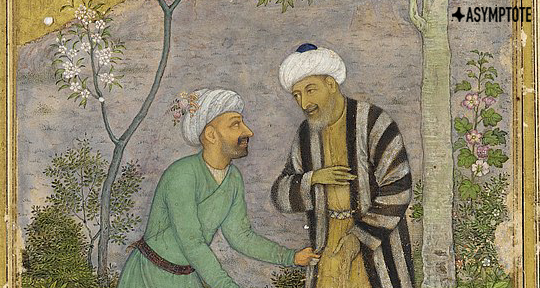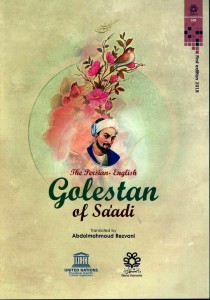This week, our writers bring you the latest news from Japan, Iran, and the United Kingdom: in Japan, Svetlana Alexievich’s The Unwomanly Face of War has been adapted into a manga; in Iran, readers have been mourning the loss of renowned translator Najaf Daryabandari; and in the UK, Hay Festival has revealed its impressive digital programme. Read on to find out more!
Xiao Yue Shan, Blog Editor, reporting from Japan
There is a methodology in culture-specific product adoption that Japan has perfected in particular: a Starbucks in Kyoto’s Ninenzaka features traditional tatami flooring in an architecturally nostalgic teahouse; otherwise Italian pasta dishes are regularly indoctrinated with mentaiko (pollack roe); and well-regarded literature from other parts of the world are often adapted into the country’s most loved and widely emblematic artform—comics, or manga.
The latest text to receive this treatment is Svetlana Alexievich’s startling, emotive oral history of Soviet women who had experienced firsthand the barbarity and naked humanity of World War II. Written with the avidity of enthralled listening that has become inextricable from her literary style, in turns stoic and breaking, of both soft and difficult memory, it is a book that mends the distance between history and the body. It originally appeared in Japan as 戦争は女の顔をしていない in 2016 via the translation of 三浦 みどり Midori Miura (who had also translated works by Anatoly Pristavkin and Anna Politkovskaya), and can now also be found in the form of serialized comics, drawn and written by prolific manga artist 小梅 けいと Keito Koume, with editorial assistance from fellow comic and Soviet history specialist 速水螺旋人 Rasenjin Hayami. READ MORE…



